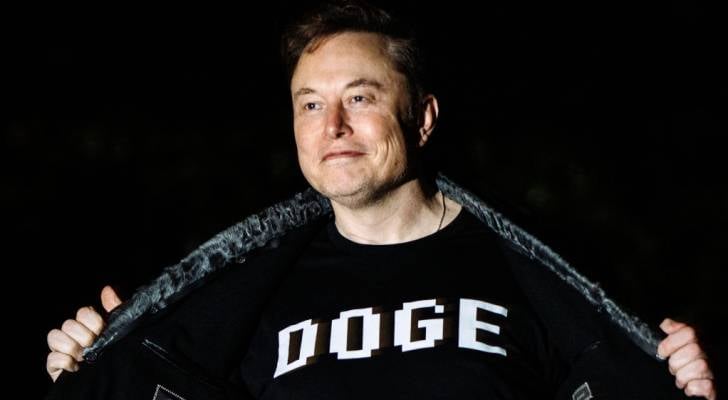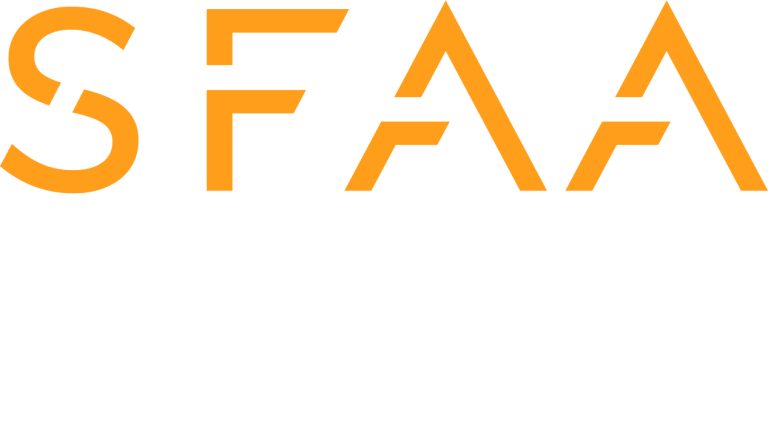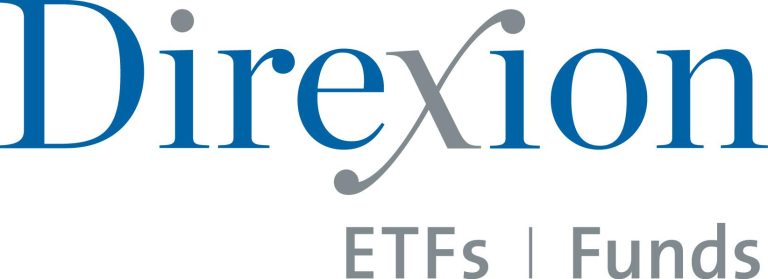
If you’ve been following the plans of the Trump administration, you’ve likely heard a lot about DEI – diversity, equity, and inclusion.
Don’t miss
- I’m 49 years old and have nothing saved for retirement — what should I do? Don’t panic. Here are 5 of the easiest ways you can catch up (and fast)
- Gain potential quarterly income through this $1B private real estate fund — even if you’re not a millionaire. Here’s how to get started with as little as $10
- Thanks to Jeff Bezos, you can now become a landlord for as little as $100 — and no, you don’t have to deal with tenants or fix freezers. Here’s how
DEI programs focus on ensuring fair treatment and equal participation for everyone, particularly targeting biases against marginalized groups in workplaces, college campuses, and organizations. But the Trump administration wants DEI gone, labeling DEI government programs “radical” and “wasteful.”
Tesla CEO Elon Musk’s Department of Government Efficiency (DOGE) has regularly used the term in its updates about "wasteful" contracts and grants it has cancelled. The federal government recently froze grants for Harvard when the university refused to eliminate DEI programs and obey other orders.
Now, there’s a new acronym grabbing attention – MEI, short for merit, excellence, and intelligence. Harvard economist Roland Fryer dubbed MEI "the new corporate rage" in a recent op-ed for The Wall Street Journal.
So is MEI writing DEI’s obituary?
What exactly is MEI?
MEI advocates for hiring candidates strictly based on merit, excluding factors like race, gender, age, or ethnicity from the equation. Fryer describes this shift as "refreshing," and supporters argue the approach naturally fosters diversity because the best talent inherently includes diverse backgrounds and perspectives.
Scale AI CEO Alexandr Wang, who coined the term, explained on his blog that “a hiring process based on merit will naturally yield a variety of backgrounds, perspectives, and ideas.”
Elon Musk, another prominent MEI supporter, has been notably blunt about his opposition to DEI, tweeting provocatively that “DEI means people DIE.” In response to Wang’s announcement about the MEI hiring policy at Scale, Musk simply tweeted, “great!”
MEI supporters argue that focusing purely on merit is a return to traditional American values like work ethic and individual achievement.
However, critics such as Adia Wingfield, a professor at Washington University in St. Louis, counter that the meritocratic past referenced by MEI proponents never truly existed. Historically, women and people of color faced significant barriers preventing equal workplace opportunities.
According to Wingfield and other experts, DEI initiatives are exactly what’s needed to create a genuine meritocracy. As Wingfield explained to Fortune magazine, “The idea is to move away from a very non-meritocratic past into a future where everyone really does have opportunities.”
Read more: Car insurance premiums could spike 8% by the end of 2025 — thanks to tariffs on car imports and auto parts from Canada and Mexico. But here’s how 2 minutes can save you hundreds of dollars right now
Is DEI really on its way out?
Despite aggressive moves by the Trump administration and some business leaders to dismantle DEI departments and even remove the word “diversity” from company websites, national sentiment toward DEI remains surprisingly resilient.
A CivicScience study published in February shows that 63% of Americans still support or feel neutral about DEI efforts. Furthermore, 75% remain concerned about income inequality, suggesting continued public support for initiatives bridging socioeconomic gaps. In its report, Morning Consult said broad support for DEI is still high, with the majority of U.S. adults against decreasing the funding and influence of such programs, but the "often negative messaging originating from the president’s office around diversity and inclusion is working — there are early signs that support for pullbacks is growing."
Surveys from CultureCon and CNBC have shown most employers and entrepreneurs also still support DEI.
While corporations like Target and Google might indicate DEI’s demise, many major companies aren’t ready to abandon their programs. Costco and Apple, for instance, are standing firm on diversity initiatives, even rejecting proposals from conservative think tanks demanding risk assessments of DEI programs.
Brands like Ben & Jerry’s have been particularly outspoken. The ice cream maker boldly declared, “Companies that timidly bow to the current political climate by attempting to turn back the clock will become increasingly uncompetitive in the marketplace.”
Even Target’s CEO recently met with Rev. Al Sharpton amid a backlash and boycott that is said to have hurt foot traffic.
DEI behind the scenes
Even businesses scaling back public DEI messaging aren’t necessarily stopping their internal diversity efforts altogether – they may just be keeping a lower profile. According to Amira Barger, a DEI executive and communications professor at California State University, East Bay, companies might avoid public attention yet continue quietly promoting inclusion.
“I do think we will continue to see companies be less vocal, but I think people should take a pause and really ask more questions, because I do think many of these companies are still quietly doing the work behind the scenes,” Barger told CNBC.
Businesses may recognize tangible benefits of DEI initiatives beyond just optics or compliance. Moreover, advocates say DEI is essential for employee morale and productivity. Economic consulting firm Berkshire highlights that robust DEI programs lead to improved employee retention and collaboration and make workplaces more innovative and responsive to customer needs.
While the political landscape might challenge DEI’s visibility, its persistence in the workplace in the face of stiff political opposition suggests many organizations aren’t willing to let it go.
What to read next
- Want an extra $1,300,000 when you retire? Dave Ramsey says this 7-step plan ‘works every single time’ to kill debt, get rich in America — and that ‘anyone’ can do it
- Here are 5 ‘must have’ items that Americans (almost) always overpay for — and very quickly regret. How many are hurting you?
- ‘Liberation Day’ just triggered a 60% chance of a US recession, warns JP Morgan — use these ‘anti-shock’ money hacks to protect yourself ASAP
This article provides information only and should not be construed as advice. It is provided without warranty of any kind.


